The Mediator for National Education and Higher Education
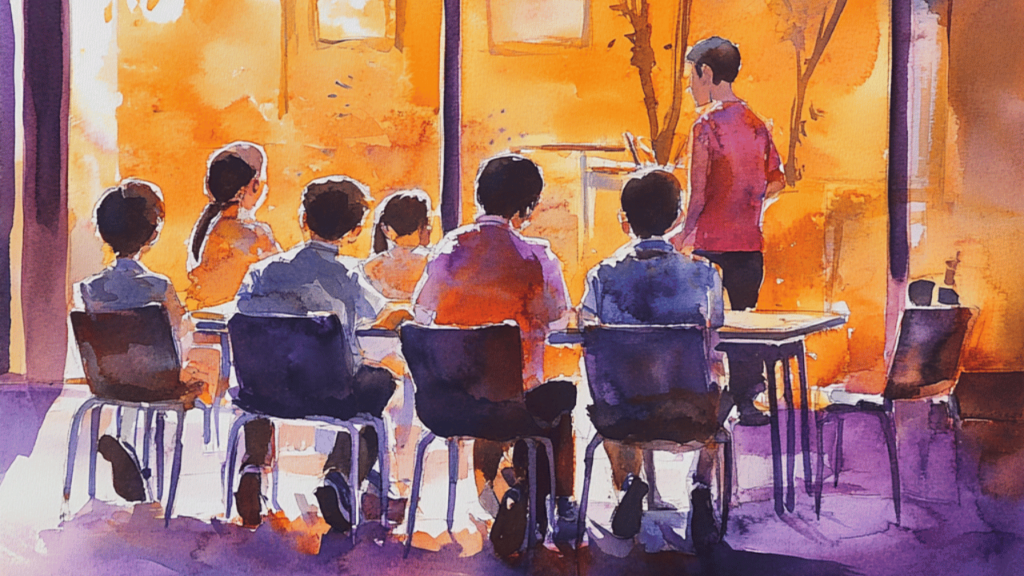
Mediation is organized by the Education Code (Article L23-10-1 and Articles D222-37 to D222-42-1). The Mediator for National Education and Higher Education is a senior official responsible for ensuring mediation functions within the public education system. They are an independent and impartial interlocutor. Who can refer to the mediator? You can refer to the mediator […]
Parental Authority

What is Parental Authority? Although minors have legal personality, they do not have the capacity to exercise their rights. Thus, they must not only be protected but also represented. The LAW No. 2002-305 of March 4, 2002, regarding parental authority establishes the framework for the principle of exercising parental authority by parents. The concept of […]
The Journey of a Complaint

The criminal procedure in France takes place in several stages: Filing of the complaint Judicial investigation Hearing (trial) The police investigation The filing of a simple complaint initiates an investigation entrusted to the judicial police, which must verify the existence of an offense. If the complaint has been filed at the police station or gendarmerie, […]
Online Hate

What does the law say? What is Hateful Content? Although freedom of expression is a precious fundamental freedom (Cons. const. 11 Oct. 1984, Press Companies, No. 84-181 DC), the legislature has come to punish abuses of the exercise of this freedom. These abuses are common on the Internet and are found in what is called […]
Enrollment in Private Higher Education
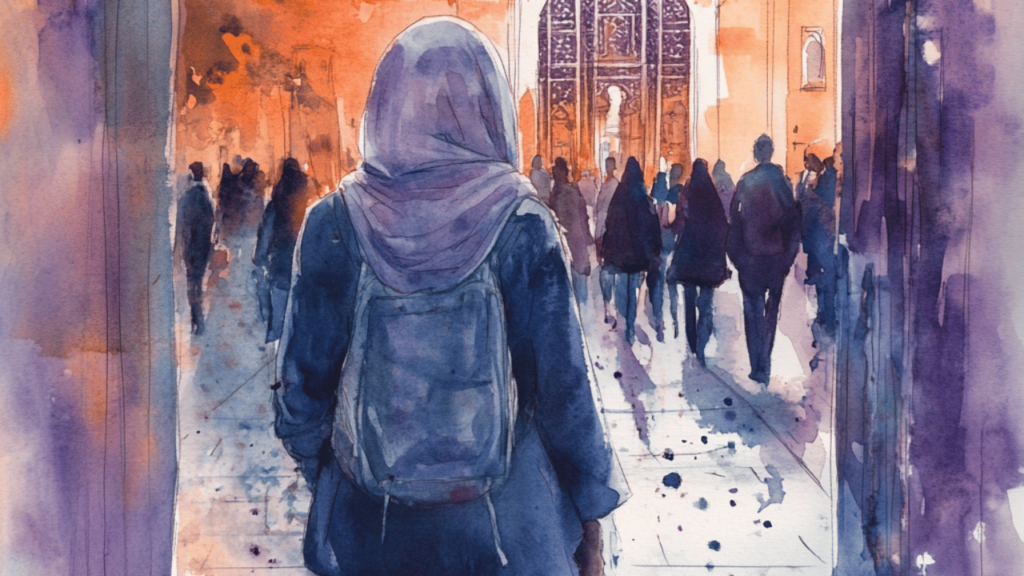
Upon her enrollment in a private higher education institution, Nawel is informed that it is conditional on removing her headscarf, in application of the principle of secularism. Private higher education encompasses institutions with very diverse statuses: private high schools offering higher technical sections (STS) or preparatory classes for grandes écoles (CPGE); non-profit organizations, governed by […]
Insult
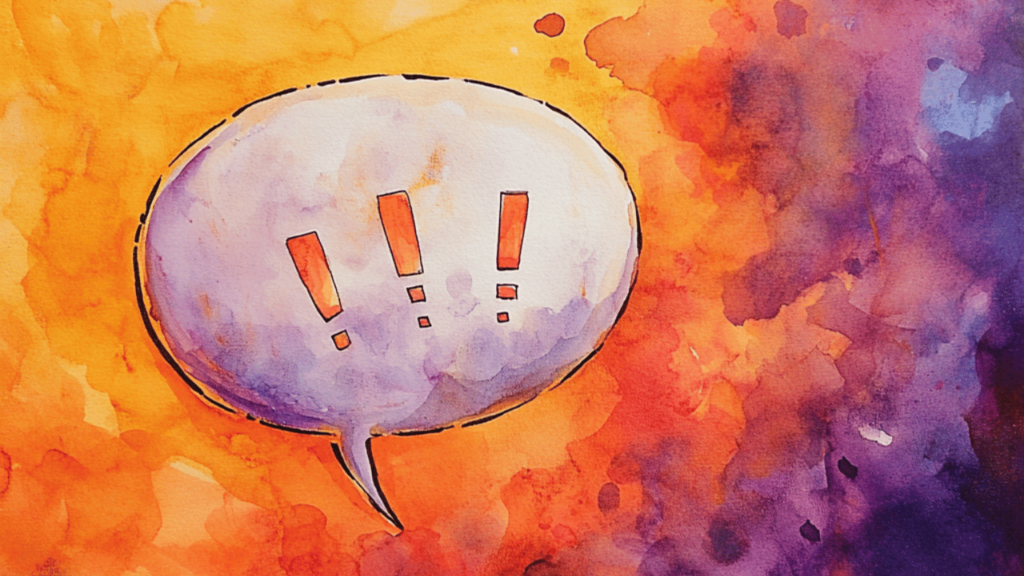
What does the law say? Insult is defined by the law of July 29 on freedom of the press of 1881 as “Any outrageous expression, term of contempt or invective that does not contain the imputation of any fact” (art. 29 para. 2). Thus, unlike defamation, insult does not impute a specific fact to a […]
Defense and Citizenship Day
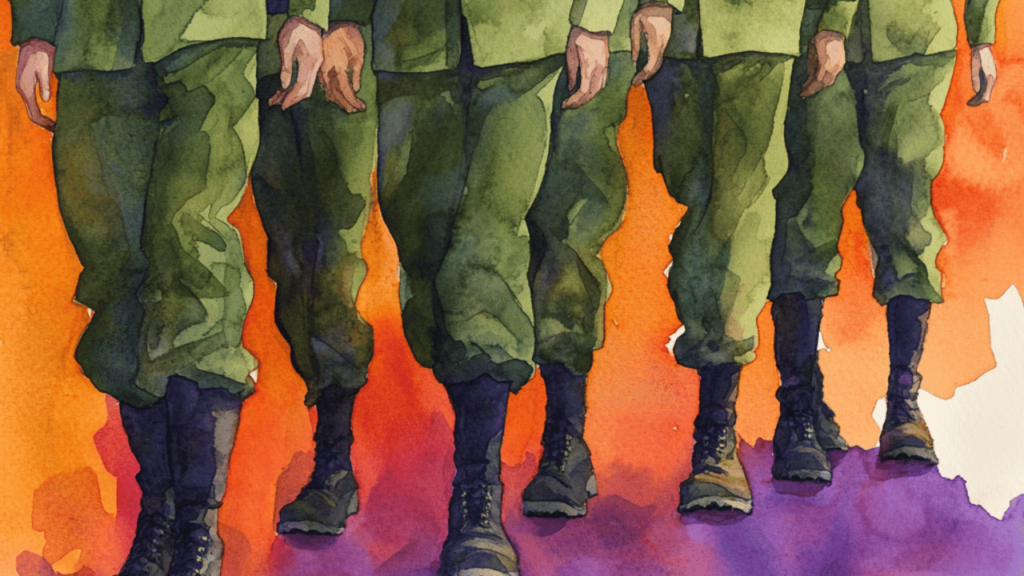
Sihem has just completed her citizen registration and will receive a written summons in a few months indicating the date and location of her Defense and Citizenship Day (JDC). She wonders if it is mandatory and if she can keep her headscarf on during this day. What does the law say? What is the Defense […]
GRETA and Religious Symbols
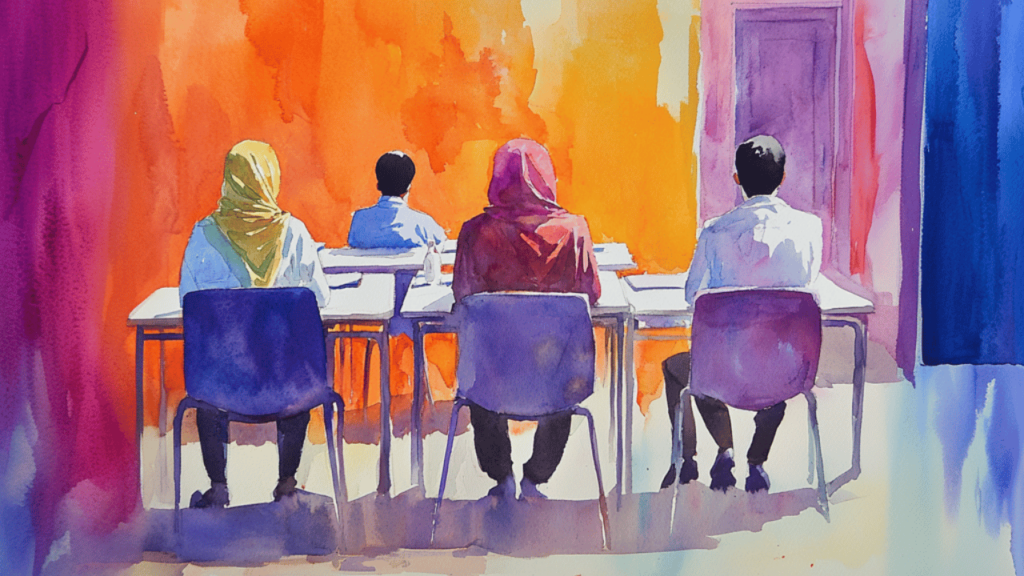
Sarah wishes to undertake professional training provided by GRETA. Her application was accepted, but when she arrives at reception, she is approached by the director who informs her that she cannot join the training while wearing a headscarf. The director cites the internal regulations which state: ‘In application of the principle of secularism, the wearing […]
Refusal of care by a doctor

Sirine goes to a doctor after obtaining an appointment. Once at the office, the secretary asks her to take a seat, but when it’s her turn, the doctor refuses to examine her if she doesn’t remove her headscarf, stating that his office is secular. Sirine leaves the office wondering how she could have reacted. What […]
Sports and Religious Symbols

Sarah chose to enroll in the boxing class offered by her university, but when she showed up for the class, the sports instructor refused her entry because she was wearing a headscarf. He justified this by citing the principle of secularism. As for Ines, she was denied entry to her gym because of her headscarf. […]